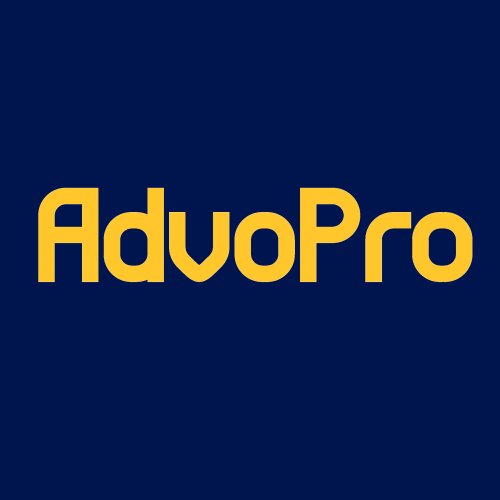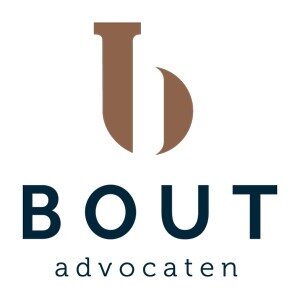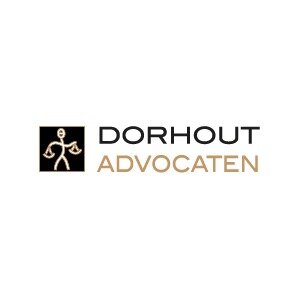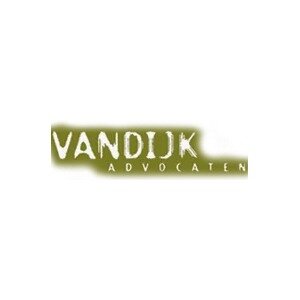Best Employer Lawyers in Netherlands
Share your needs with us, get contacted by law firms.
Free. Takes 2 min.
Or refine your search by selecting a city:
List of the best lawyers in Netherlands
About Employer Law in Netherlands
The employer law in the Netherlands outlines the obligations and rights of employers regarding employment relationships. It is designed to create a fair, safe, and equitable work environment for both employers and employees. The law covers a wide range of topics including employment contracts, employee rights, obligations, dismissal procedures, and workplace safety. The employer legislation is primarily governed by the Dutch Civil Code, Collective Labor Agreements (CAOs), and various specific labor laws.
Why You May Need a Lawyer
Employers may encounter numerous situations where legal assistance might be necessary. Some of the common scenarios include:
- Drafting or reviewing employment contracts and agreements to ensure compliance with local laws.
- Handling disputes related to employee dismissals or layoffs.
- Navigating complex labor regulations and guidelines.
- Defending against claims related to workplace discrimination or harassment.
- Ensuring compliance with health and safety regulations in the workplace.
- Developing clear company policies and HR procedures to mitigate legal risks.
A lawyer with expertise in Dutch employer law can provide guidance and representation in these and other scenarios.
Local Laws Overview
The key aspects of local laws in the Netherlands relevant to employers include:
- Employment Contracts: Employers are required to provide a written statement of terms to employees. Types of contracts include permanent, temporary, and flexible contracts.
- Working Hours and Conditions: The Working Hours Act regulates working time, rest periods, and night shifts. The standard working week is usually 40 hours.
- Minimum Wage: There is a legally mandated minimum wage that employers must pay, which is reviewed bi-annually.
- Sick Leave and Disability: Employers must continue to pay a portion of employees' salaries during periods of sick leave, for up to 104 weeks.
- Collective Labor Agreements (CAOs): Many industries have specific agreements that set out additional rights and obligations for employers and employees.
- Dismissal Procedures: Employers must follow strict procedures when terminating employment, often requiring permission from the Employee Insurance Agency or reaching agreements with employees.
Frequently Asked Questions
What is the probationary period for new employees in the Netherlands?
In the Netherlands, the probationary period should be specified in the employment contract and cannot exceed two months for permanent and temporary contracts lasting two years or more. For contracts shorter than two years, the probationary period can be up to one month.
Are employers obligated to provide holiday pay?
Yes, Dutch law stipulates that employees are entitled to holiday allowances, typically calculated as a minimum of 8% of their gross salary.
Can an employer extend a temporary contract indefinitely?
In general, temporary contracts can only be renewed three times in a period of up to three years. After this, the contract must become permanent unless there is a waiting period of at least six months.
What are the obligations of employers regarding workplace safety?
Employers in the Netherlands must comply with the Working Conditions Act, which requires them to provide a safe and healthy work environment, conduct risk assessments, and implement safety measures.
What happens if an employer fails to comply with dismissal procedures?
If dismissal procedures are not properly followed, the dismissed employee may be entitled to remuneration or reinstatement, and employers may face fines or legal consequences.
How are working hour disputes typically resolved?
Disputes over working hours or conditions can often be resolved through negotiation or mediation. Legal intervention may become necessary if mutual agreement cannot be reached.
Do all companies have to abide by Collective Labor Agreements?
Companies within industries with established CAOs are required to adhere to these agreements, which may include specific rules above standard labor laws.
What is a fair dismissal in the Netherlands?
A fair dismissal occurs when there are legal grounds for termination, such as economic reasons, performance issues, or misconduct, and all procedural rules are properly followed.
What rights do employees have to parental leave?
Employees are entitled to parental leave (both maternal and paternal) under Dutch law, with specific allowances and conditions based on the period following childbirth or adoption.
What is a WIA assessment?
The WIA (Work and Income according to Labor Capacity Act) assessment determines the degree of an employee’s incapacity to work and whether they qualify for disability benefits after long-term illness or injury.
Additional Resources
For those seeking further guidance or information about employer law in the Netherlands, the following resources can be helpful:
- Ministry of Social Affairs and Employment: Provides extensive information on labor laws and regulations.
- Employee Insurance Agency (UWV): Assists with matters related to unemployment and insurance against incapacity for work.
- Chamber of Commerce (Kamer van Koophandel): Useful for employers regarding business regulations and compliance.
- Netherlands Bar Association: Offers resources and referrals for finding qualified legal assistance.
Next Steps
If you require legal assistance regarding employer law in the Netherlands, consider the following steps:
- Identify the specific legal issues you are facing and gather all relevant documentation.
- Consult with a lawyer specializing in employment law to discuss your case and receive tailored advice.
- Utilize legal aid resources if financial constraints prevent access to private legal services.
- In case of workplace disputes, seek mediation services to potentially resolve issues without going to court.
Overall, ensuring compliance with Dutch employer law will help maintain smooth operations and minimize legal risks for businesses operating within the country.
Lawzana helps you find the best lawyers and law firms in Netherlands through a curated and pre-screened list of qualified legal professionals. Our platform offers rankings and detailed profiles of attorneys and law firms, allowing you to compare based on practice areas, including Employer, experience, and client feedback.
Each profile includes a description of the firm's areas of practice, client reviews, team members and partners, year of establishment, spoken languages, office locations, contact information, social media presence, and any published articles or resources. Most firms on our platform speak English and are experienced in both local and international legal matters.
Get a quote from top-rated law firms in Netherlands — quickly, securely, and without unnecessary hassle.
Disclaimer:
The information provided on this page is for general informational purposes only and does not constitute legal advice. While we strive to ensure the accuracy and relevance of the content, legal information may change over time, and interpretations of the law can vary. You should always consult with a qualified legal professional for advice specific to your situation.
We disclaim all liability for actions taken or not taken based on the content of this page. If you believe any information is incorrect or outdated, please contact us, and we will review and update it where appropriate.
Browse employer law firms by city in Netherlands
Refine your search by selecting a city.

















